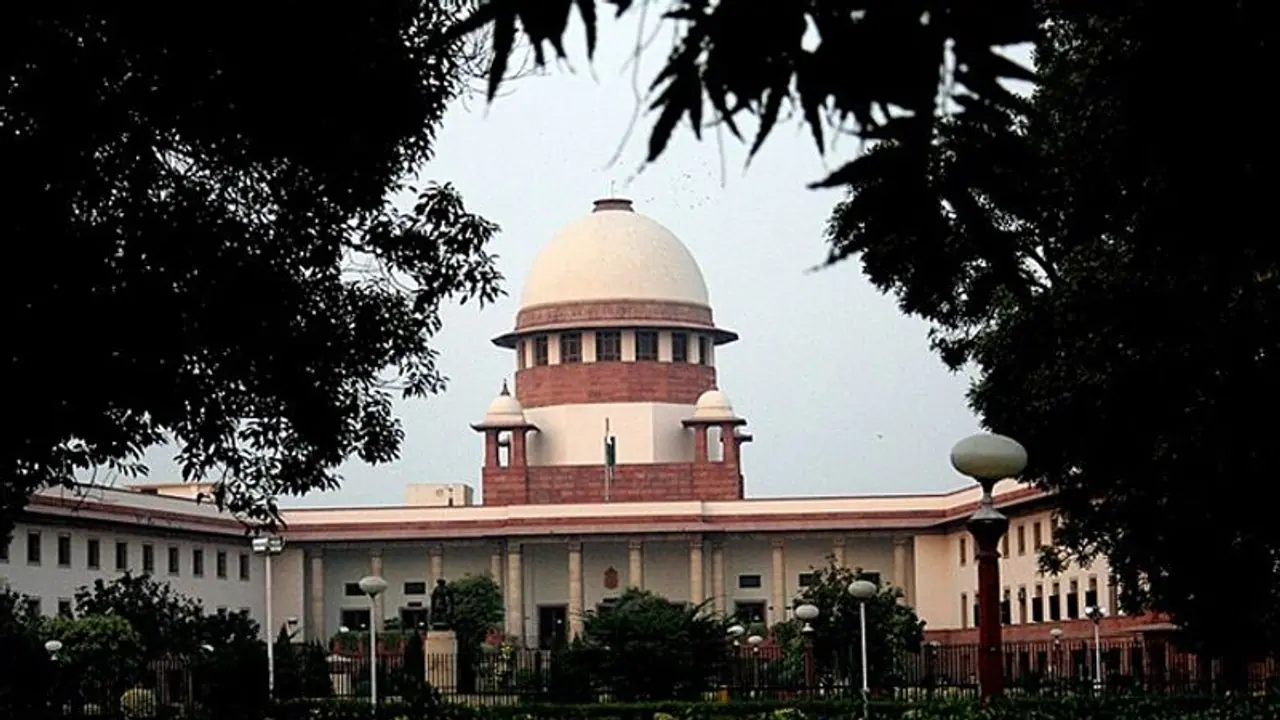Supreme Court affirms central government's One Rank One Pension Policy for ex-servicemen, finds no fault in its implementation.
Supreme Court affirms the central government's implementation of the One Rank One Pension Policy for ex-servicemen and found no fault in its implementation.

In its order, the Supreme Court said that the decision of the government is not arbitrary and suffers from no constitutional infirmity. The Apex court also directed pending re-fixation exercise of OROP should be carried out from July 1, 2019, and arrears should be paid in three months
On February 23 hearing, the apex court had reserved its order challenging the Narendra Modi government's implementation of the OROP which was announced in November 2015.
It was filed by the Indian Ex-Servicemen Movement. In its petition, the ISEM had levelled the allegation that OROP created a separate class among personnel of the same rank and length of service. The petitioners had also challenged the equalisation of pension that is to happen every five years. Their view was that it should be done annually.
What is OROP?
The 'One Rank One Pension' rule means that retired soldiers of the same rank and length of service will receive the same pension, regardless of their date of retirement.
Since when was it pending and when did it come into effect?
It was pending for over four decades. It came into effect in 2018.
Mechanism before OROP?
Before the implementation of OROP, the computation of pension was linked to the pay drawn by the personnel in a particular pay scale/pay band at the time of his/her retirement.
Pay scales used to be revised to the higher side generally on the recommendation of Pay Commissions.
Benefits of OROP?
I. Pension of past pensioners have been re-fixed on the basis of pension of retirees of the calendar year 2013 and the benefit granted from July 1, 2014.
II. Pension were re-fixed for all pensioners on the basis of the average of minimum and maximum pension of personnel retired in 2013 in the same rank and with the same length of service.
III. Pension for those who have been drawing above average were protected.
IV. Arrears have been paid in four equal half-yearly instalments. However, all the family pensioners including those in receipt of Special/Liberalized family pension and Gallantry award winners were paid arrears in one instalment.
V. Pension would be re-fixed every 5 years.
Why were veterans unhappy?
As per their petition, the ex-servicemen demanded to set the 2014 salary as the base year and relied on a 2011 report presented by a Rajya Sabha committee headed by veteran BJP leader and now Maharashtra Governor Bhagat Singh Koshiyari.
It has also alleged that the government has been shifting stands on pension revision. They have been demanding annual revision instead of every five-year revision.
Over 30 lakh veterans, war widows and veteran widows and their families are covered in the OROP.
Also Read: Process for obtaining CCS approval for AMCA project initiated: Defence Ministry
